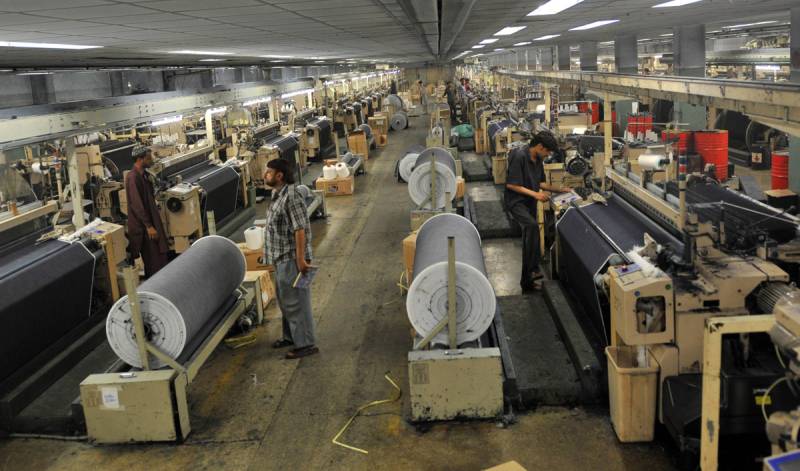
Recently the foreign policy of Pakistan faced a setback when it refused to attend a summit held at Kuala Lumpur in Malaysia owing to the pressure of Saudi Arabia. The whole affair demonstrated that Muslim countries are divided at the cost of their own strategic standing. Pakistan had to step back, despite the fact that Malaysia and Turkey openly offered support on the Kashmir issue at the UN. Moreover, Pakistan’s response to the recent US killing of Iran's General Qassem Soleimani has been “neutral” - far short of the expectation that there be a direct and categorical condemnation of such dangerous actions on the part of the US.
On the one hand, as a nuclear power Pakistan vows to act as a mediator between Saudi Arabia and Iran. And on the other hand it succumbs to Saudi pressure to distance itself from Turkey and Malaysia, while also seemingly ditching Iran when it faces aggression at the hands of the Trump administration.
This does not have the appearance of a successful foreign policy.
On economic front, eighteenth months into its tenure, the government’s performance has proved dismal. The deteriorating situation has been further exacerbated by the recent wheat crisis which has resulted in shortages and price hikes in essential food items. Although the performance of previous governments was also far from impressive, the present government’s policy of keeping interest rates high at more than 13 percent just to attract ‘hot money’ from foreign entities so as to keep the rupee's value afloat also seems to be unworkable. Due to the high interest rates, entrepreneurs are not willing to invest and businesses are moving towards closure, and this is worsening unemployment. High interest rates would further increase the debt burden on the government too.
That the present government lacks direction is also evident from the fact that after the lapse of eighteen months, it has not been able to formulate an agricultural policy. Farmers are facing problems in getting access to credit at affordable interest rates. Moreover they do not have the funds to buy certified seeds and there is no support-price mechanism regarding cash crops provided by the government to the farmers. Agricultural support, such as it is, has been provided to cater to the needs of sugar barons - who are always a part of every government and are quite effective at leveraging their influence.
It has not remained a secret that cotton-growing areas are being converted into sugar plantations over the past few years because farmers get better support price on a sugar crop. This is being cited as one of the main reasons behind the damage being caused to the textile industry. Textiles are one of the major sources of our exports but the government clearly places a higher value on the interests of sugar barons.
The fact of the matter is that the current monetary and fiscal policies of Pakistan will not allow it to generate economic growth. At present Pakistan is going through a phase of stagflation in which both unemployment and inflation are surging upwards. This ought to be a grave cause of concern. Without securing at least 6 percent economic growth rate, people's real income would continuously fall and the poverty levels would further show rising trends.
An economic growth rate of a mere 2.8 percent, high inflation and high energy tariffs further compounded by cartelization and anti-competitive practices will not help this situation either. They will simply cause growth to further stagnate. The common people are suffering. Businesses are closing. At the present the impoverished condition of our people is akin to what we read in John Steinbeck’s novel Grapes of Wrath.
The writer is a human rights activist, constitutional lawyer and a teacher. He can be contacted at sheraz.zaka@gmail.com
